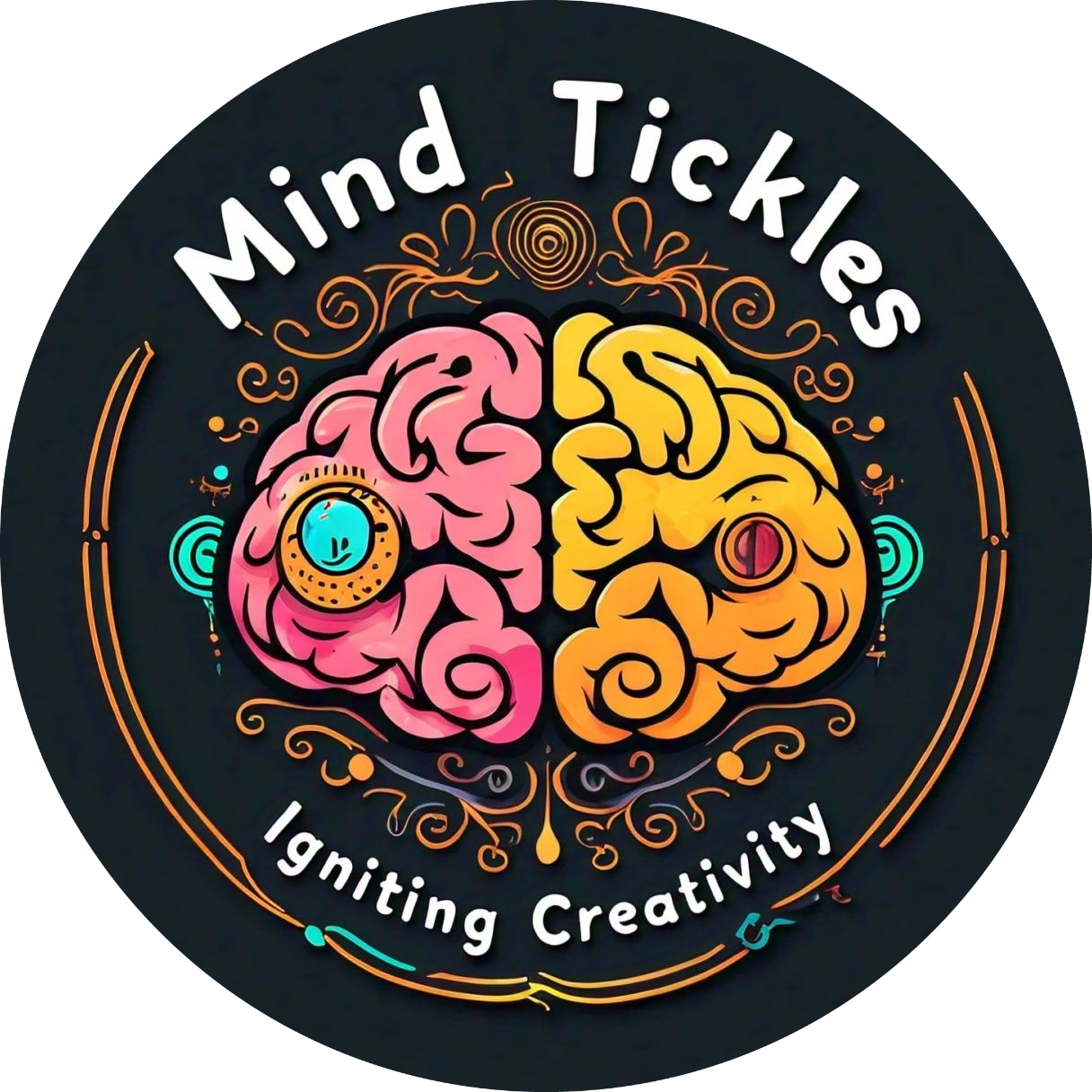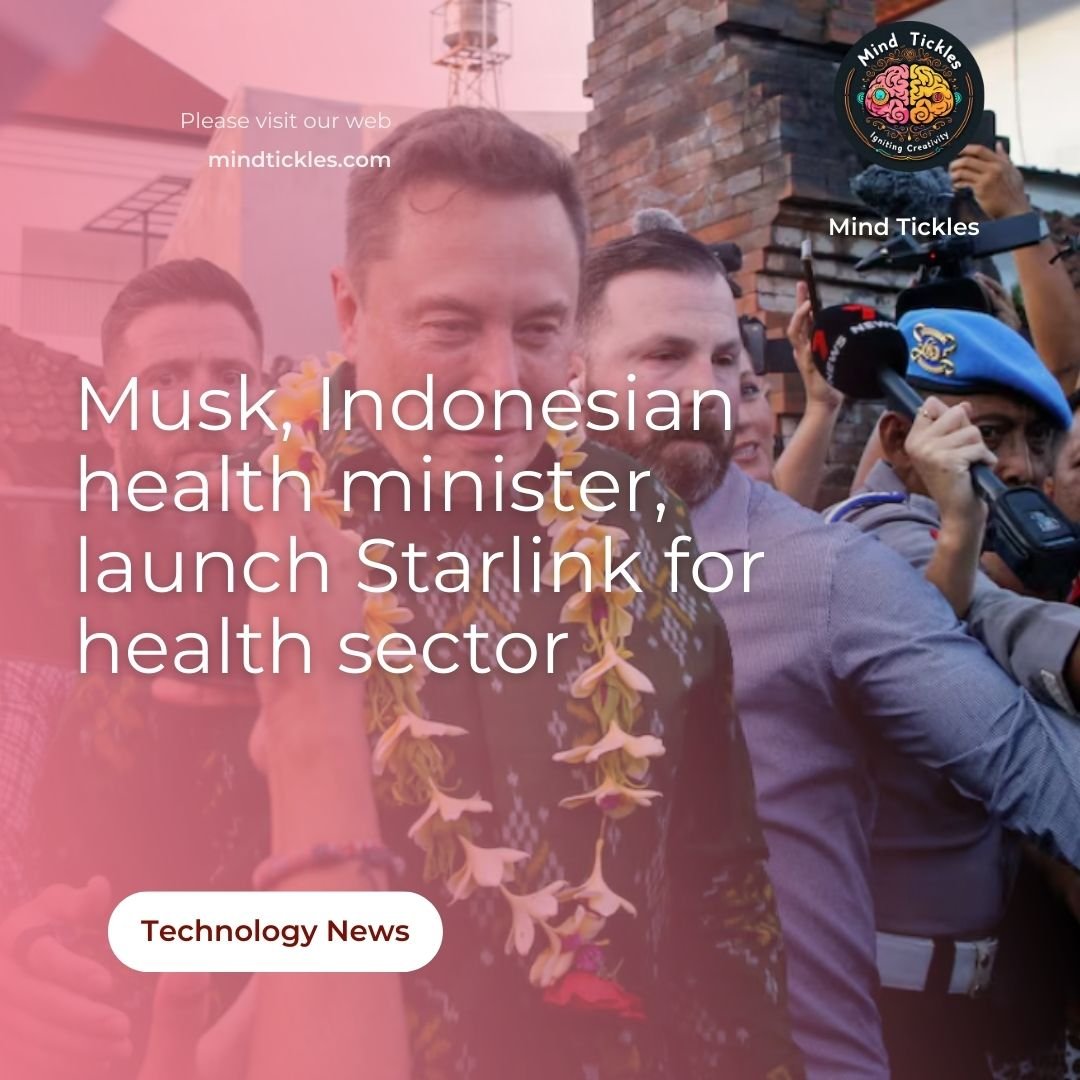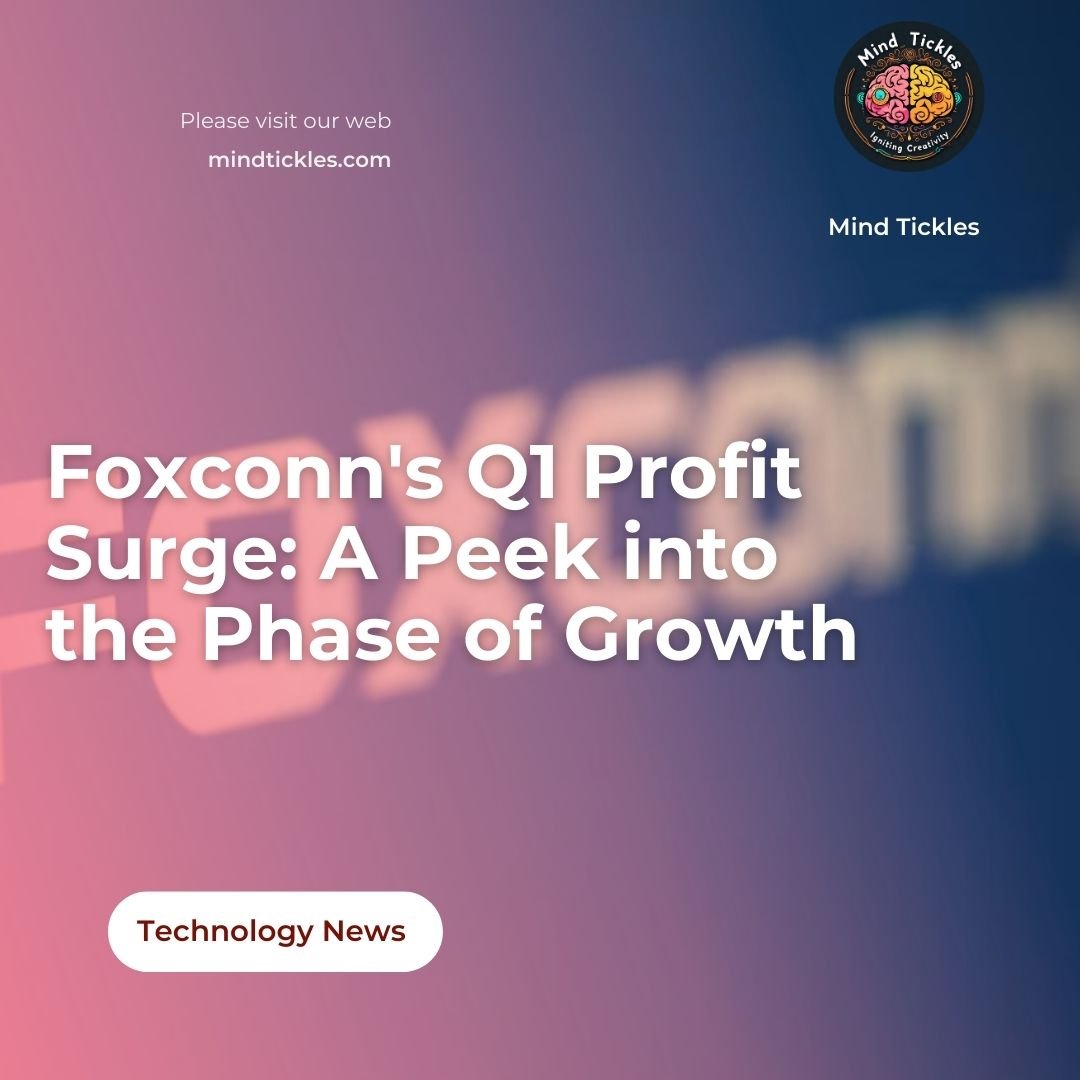Scarlett Johansson’s OpenAI feud rekindles fear in Hollywood
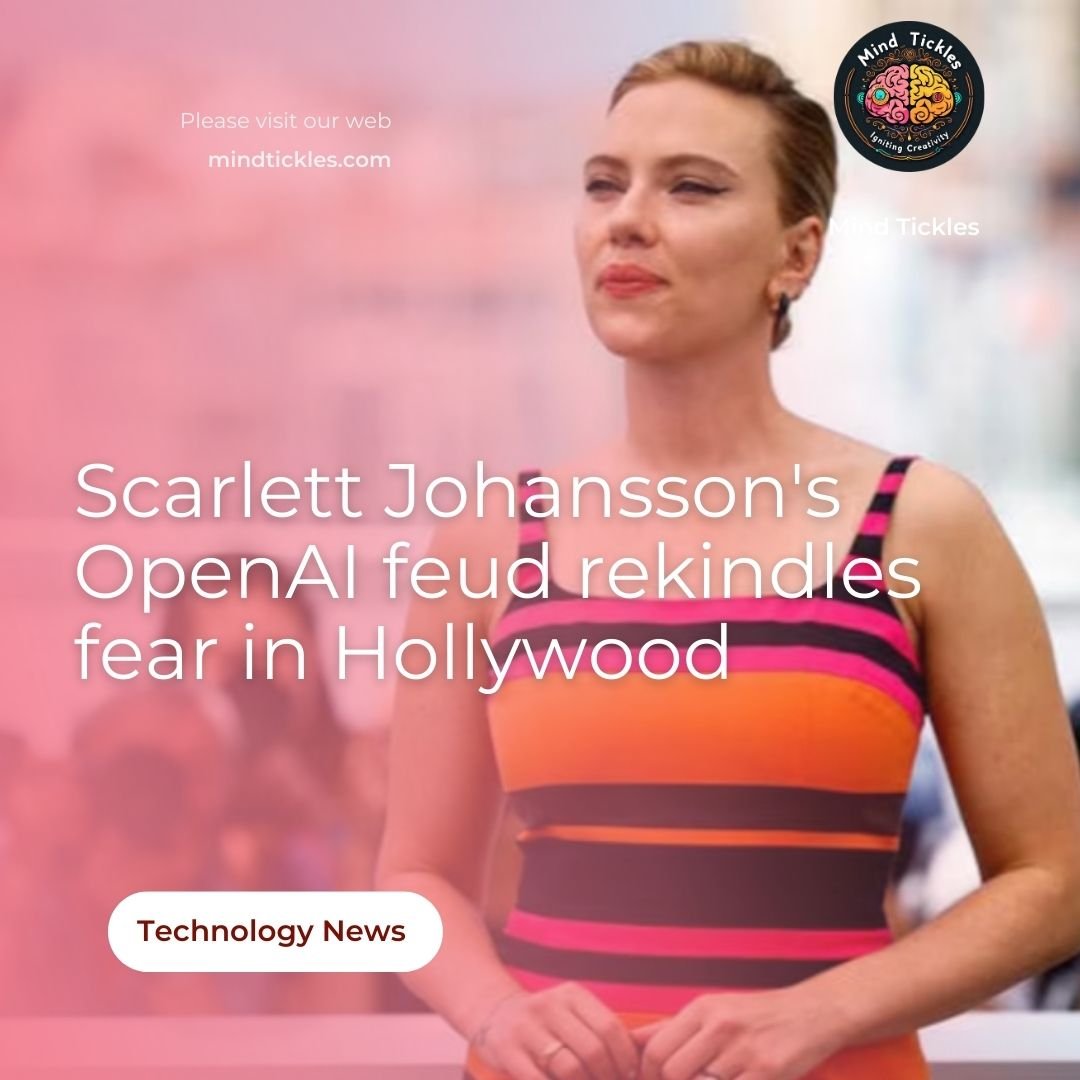
This latest project of OpenAI appears to be Naked to mimic Scarlett Johansson’s voice to replicate a scene from Her movie and has sparked a huge demand regarding the future of Hollywood and Artificial Intelligence systems. It has raised contentious issues amoung the artist that reflects the anxiety of creators when it comes to the application of AI in the sector. Johansson’s allegation that OpenAI copied her dance from a Spike Jonze’s film without her consent has amplified these anxieties as Hollywood studios are exploring new avenues of AI technologies and potentially partnering with OpenAI.
A Personal Conflict Strikes a Chord:
“I feel this particular example hits close to home,” claimed a senior business leader. “This makes it very real indeed … It’s an example of how this big famous tech company has overstepped with a figure that we are all likely to know and relate with. ”
In February this year, OpenAI promised it was working on a text-to-video tool that could produce incredibly realistic videos, following the release of Sora, another groundbreaking product from the company. Since then, Hollywood’s executives have taken several meetings with this company in order to discuss collaboration possibilities as well as opportunities for utilizing this groundbreaking innovation. Johansson voiced her anger at OpenAI for replicating her voice ‘eerily similar’ for its latest ChatGPT version that sparked controversy among entertainment executives and termed further talks of collaboration as ‘complicated’.
A Disrespectful Approach?
“This most definitely is not preparing either party for a courteous relationship between content developers and tech goliaths,” said one studio head, used whatever term he could think of to refer to what OpenAI has done as ‘hubristic’. ”
Sam Altman, CEO of OpenAI, stated further in the Monday release that the used voice does ‘not sound like Scarlett Johansson nor was it ever intended to do so. ’ He explained that the voice for sky’s character was auditioned and cast ‘before any attempts were made to reach out to Ms. Johansson. Still, OpenAI whose leader and chief financial backer is Microsoft has not commented on input/output on whether it continues to do business with Hollywood in the light of the above standoff.
Training on Copyrighted Works
Well before this current war, rumblings started arising among agents and executives concerned OpenAI’s AI models employing copyrighted works, to which the company responds, citing fair use because these materials are publicly available online. Thus, this approach raises concerns to many of the professional filmmakers or directors, who may end up using a tool created with pirate material.
Tech’s Promising Potential
Nevertheless, certain technical specialists within the realm of entertainment believe that Sora is capable of revolutionizing the process of hastening digital effects in movies and series. For instance, Fox has partnered with OpenAI’s ChatGPT to make recommendations on new programs and films for the Tubi streaming base.
Despite OpenAI’s claim that it has a policy against violating copyrights —and this is doubtful whether it will generate videos with people such as a Superman figure or starlet Jennifer Aniston—there are still concerns about how it will depend on that the less known performers will be.
The Right to Publicity
Johansson’s conflict with OpenAI continues the common struggle that entertainment companies have been facing with leading AI laboratories. When speaking with the media, another strategy that Johansson could come up is that OpenAI stepped on her right to publicity, a law that entitles individuals the right to control the commercial use of their name, image, or identity.
Johansson is served by precedents in history for her potential case. In one of the cases, singer Bette Midler took Ford’s advertising agency to court in an effort to sue their contract to have a backup singer perform Midler’s rendition of dance beside their car commercial after she declined. She also had the opportunity to merge with a New Jersey business, which enjoyed considerable success, and the Supreme Court recognized her right to publicity, setting an important legal precedent. In the same manner, the singer known as Tom Waits took Frito-Lay Company to court and was granted his legal victory due to the use of his imitating voice in the commercial that resembled the style of his singing.
“In those case the imitators sang songs which has been sung by the originals artist which makes it probable that audience would have thought the original artists supported the products,” added Mark Lemley who is the director of Stanford Program in Law; Science and Technology Law “Johansson’s case involving voice from Her combined with Altman’s attempts to hire him and his tweet referring to the movie puts a strong case for Johansson”.
The general call for federal protection usually arises in situations where a particular species or habitat is threatened by certain activities that are legally permissible but which bring harm if practiced in areas where they are not wanted.
Jeffrey Bennet, SAG-AFTRA’s general counsel, has been the leading voice in lobbying for this federal right for voice identification similar to the copyright. “It puts a smile on our faces to know that this matter is now receiving a lot of attention,” Bennett said. It could be said that we have been preceded by the ‘forecasts’ – we have been actively discussing the dangers of ‘deep fakes’ for several years already, and it was these that affected everyone. This conversation is crucial. The time has come that we require federal solution. “
Hollywood’s Future with AI
While Hollywood struggles to be come to terms with such challenges, discussion on the use of AI in creative industry is still left open. The industry has recognized that there are huge opportunities to apply and implement new and advanced artificial intelligence like Sora in the process of creating and distributing materials which at the same time has a responsibility for using and respecting the rights of artists. The Popstar’s conflict with OpenAI could set a new significant precedent for the integration of the composition involving human musicians and artificial intelligence in the entertainment industry.
For those involved in the creative industry, this incident is a reminder of how crucial it is to draw clear, professional codes of ethics, and legal mandates when it comes to shaping the interface between technology and creativity.
In conclusion, The controversy surrounding Scarlett Johansson’s accusation against OpenAI, regarding the use of her voice likeness without consent, underscores deep-seated anxieties within the entertainment industry. OpenAI, a well-known tech company, faces scrutiny over its new tools that replicate voices, including Johansson’s sultry voice from a Spike Jonze-directed feature film. Industry executives and studio heads are grappling with ethical concerns as OpenAI’s actions raise questions about respectful collaboration and the ethical use of AI-generated content, particularly in relation to copyrighted works and fair use policies. Despite the promising potential of OpenAI’s models like the text-to-video tool showcased in public demonstrations, the incident highlights a potential existential threat to the creative class’s autonomy and the need for clear legal frameworks to navigate potential creative partnerships in Hollywood and beyond.
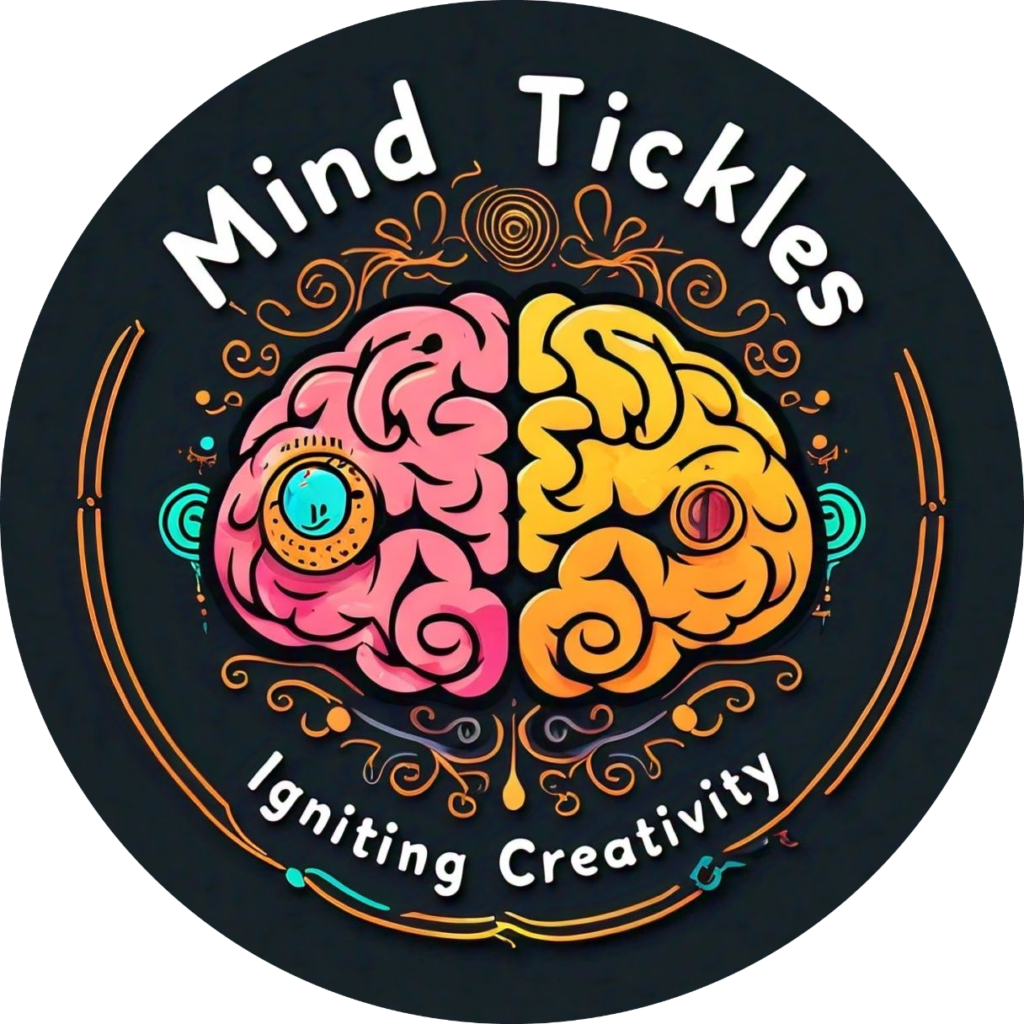
If you want to read more information just visit –> Mind Tickles
